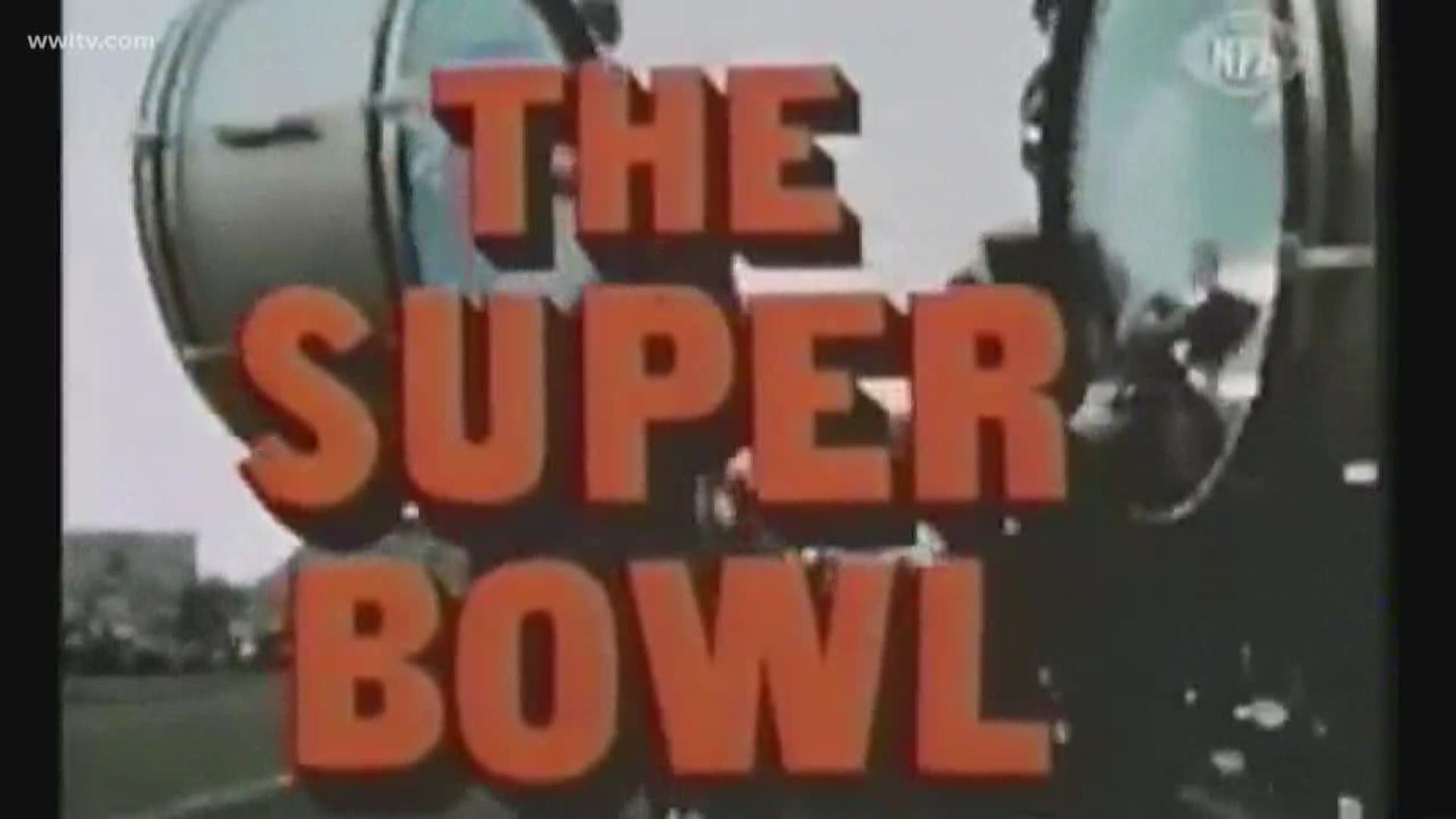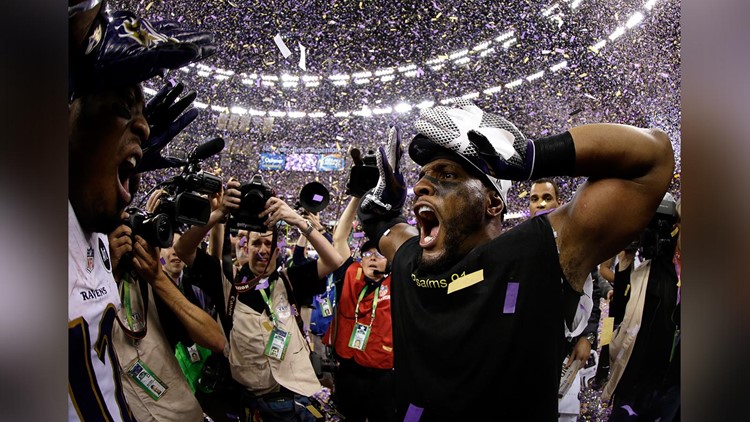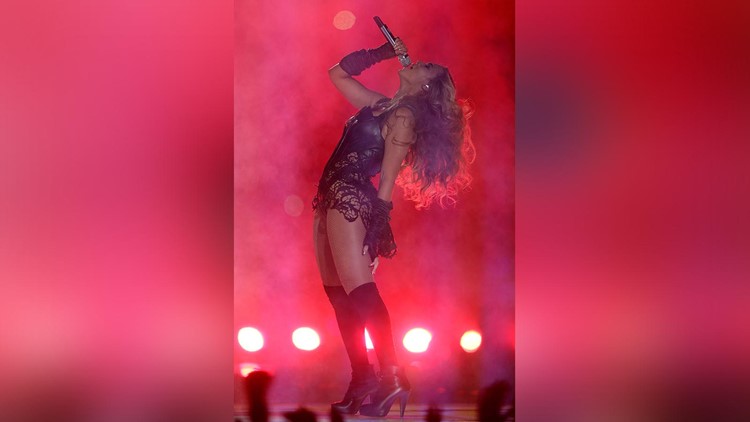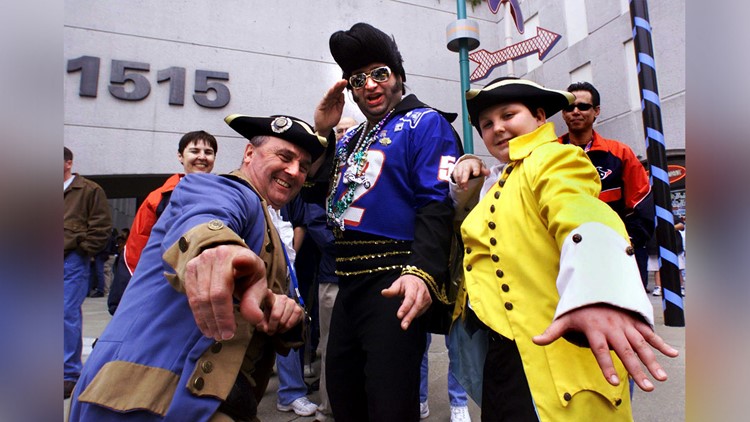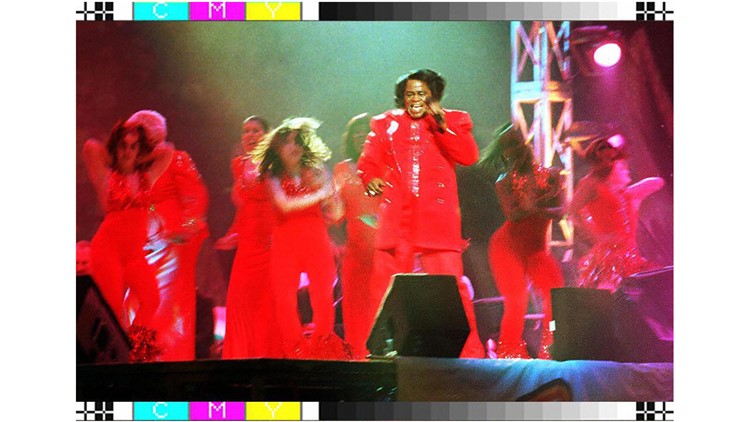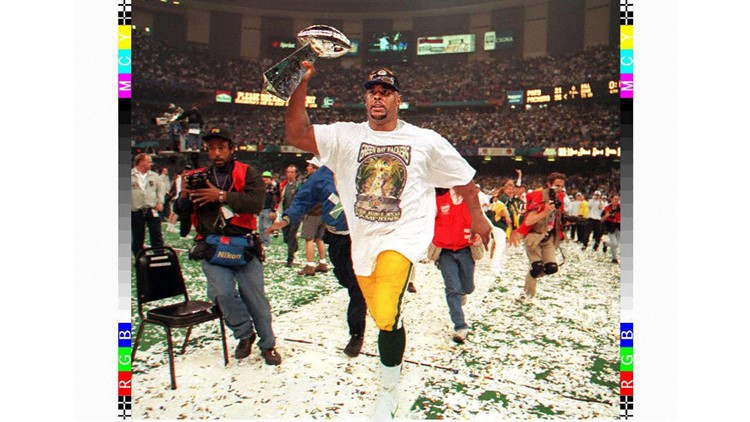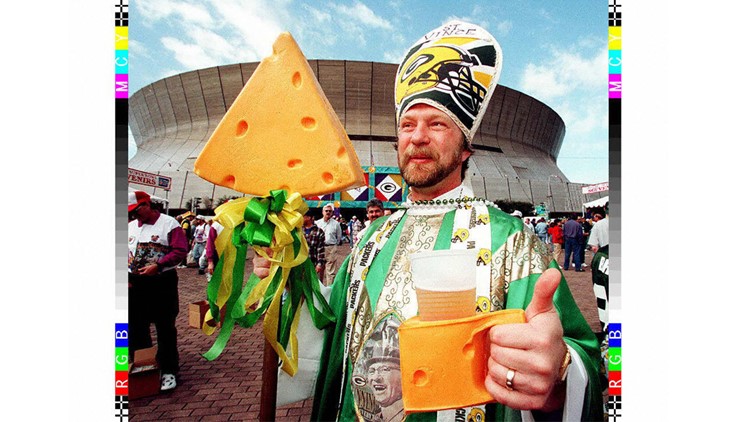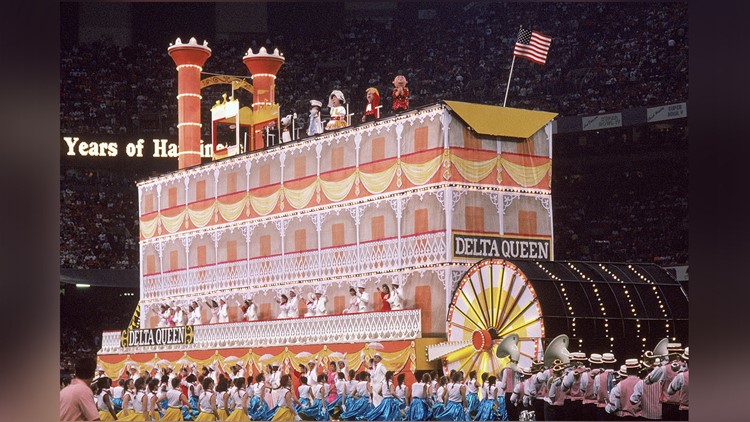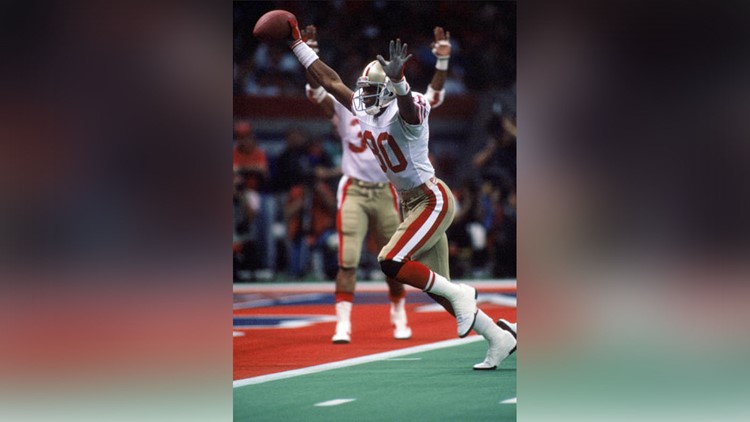NEW ORLEANS -- Jan. 11, 1970, is one of those days Mark Romig will never forget.
Then a teenager, he tagged along with his dad, longtime Saints announcer Jerry Romig, as he manned the Tulane Stadium mic to call Super Bowl IV. It was the first time the Big Easy hosted the big game, and things were much different back then.
Coaches prowled the sidelines in coats and ties, security was almost non-existent and men who hawked popcorn, peanuts and beer made their way through the stands filled with onlookers who might as well have been dressed for a night out on the town.
And while Super Bowl Sunday has become a near-religious day for diehard football fans, the country was just getting used to the idea of the game in the 1970s. Regardless, old Tulane Stadium was packed as the Kansas City Chiefs crushed the Minnesota Vikings 23-7.
“It was a great treat for the people from the New Orleans area to see these two outstanding teams play and to dream one day the Saints might be in the Super Bowl,” Romig said.
PHOTOS: Past Super Bowls hosted in New Orleans
Among those in the crowd on that cold, damp winter afternoon was Frank Dixon, whose dad Dave Dixon was the man who gave New Orleans the Saints and the Superdome.
Dixon said he was surprised to learn that his seatmate wasn’t just anybody, but Billy Sullivan, the owner of the New England Patriots.
“They didn’t have suites at Tulane Stadium,” he said referring to the massive outdoor stadium’s amenities, or lack thereof compared to today’s climate-controlled indoor stadiums. “This wasn’t the Superdome. … Everybody had to sit out in the elements.”
When the Chief and Vikings took a breather at halftime, the action on the field was far more quaint than it is now. Al Hirt played his trumpet while the Southern University marching band put on one of its trademark shows.
“They have so much more now, and it’s so glitzy and it’s so expensive,” Dixon said.
And while it can cost hundreds -- if not thousands -- of dollars to snag a seat today, tickets cost pennies by comparison in 1970.
“(It was) maybe $15? $30? Who knows?” Romig asked rhetorically. “It was something very inexpensive.”
“I think it was about $17 in those days,” Dixon recalled. “It might’ve been $20, but it wasn’t a whole lot of money.”
A copy of ticket the Greater New Orleans Sports Foundation has shows a price of $15.
Ultimately, Romig said, today’s Super Bowl’s DNA was formed here.
“I think everyone can trace back where Super Bowls are today and the party atmosphere to New Orleans showing the world what it’s like to have a party.”

